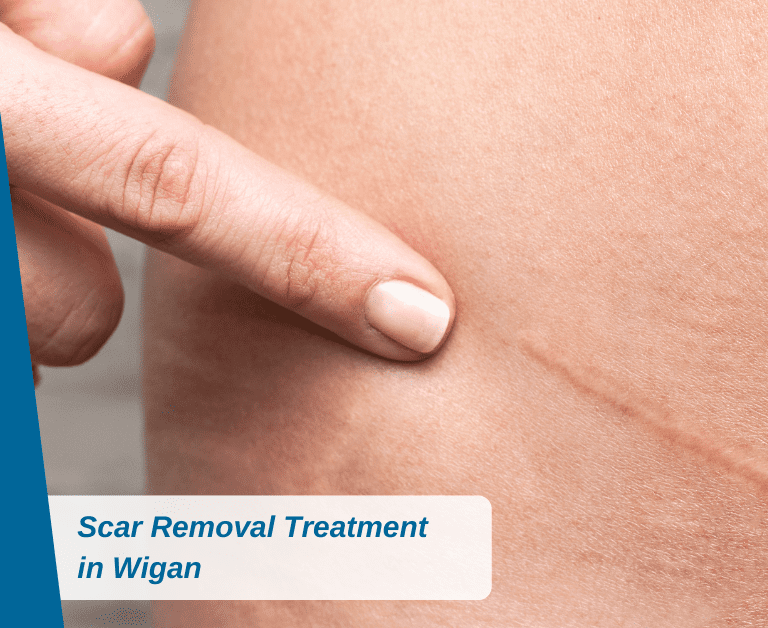Ask anyone that suffers with hair loss and they’ll tell you just how debilitating and depressing it can be. It generally affects more men than women, and can be caused by a number factors, from hereditary genetics to underlying medical conditions, such as alopecia. The first signs of hair loss can start as early as late teenage years and early 20s for some unlucky men, but signs tend to occur over time as we age.
While some men take it in their stride, others find it to be a source of embarrassment, particularly when hair loss hits at a younger age. It can be deemed as unattractive, which prompts men to seek medical attention and treatment. There are endless products and treatments that claim to remedy hair loss, yet finding a solution that really works for you is never easy. What works for one patient might not work for the next, which is why we offer the Follicular Unit Extraction (FUE) hair transplant at North West Aesthetics.
We also provide Minoxidil 5% and Propecia at North West Aesthetics:
Minoxidil solution and foam are used to help hair growth in the treatment of male pattern baldness, but it is not used for baldness at the front of the scalp or receding hairline in men. The foam and minoxidil solution is also used to help hair growth in women with thinning hair.
Propecia is a prescription tablet taken once a day by men with male pattern baldness. It reduces the effect of hormones on hair follicles, which can prevent and even reverse hair loss.
For more information, see our faq section below, or get in touch to book a free consultation at North West Aesthetics today.




